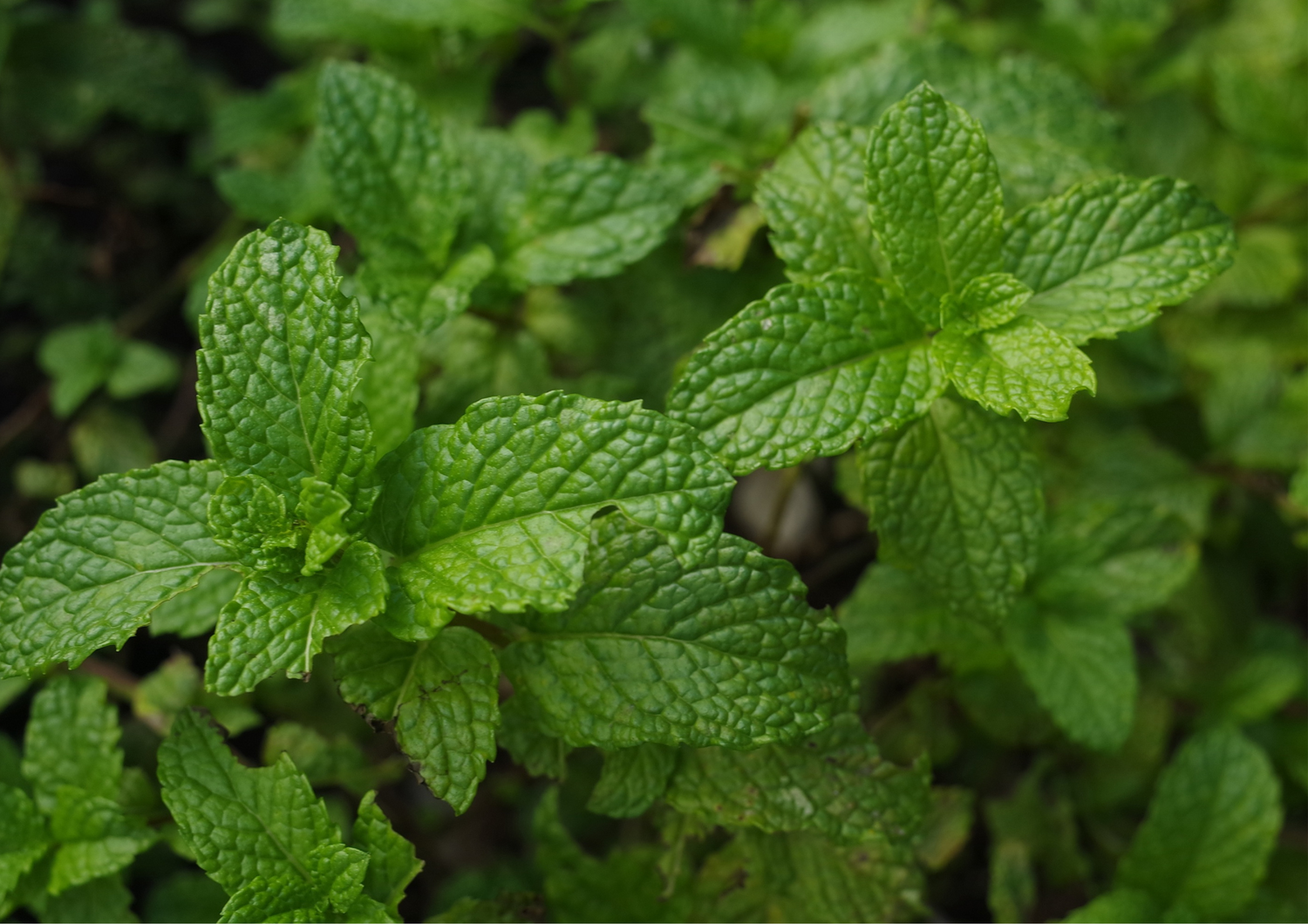
Peppermint (Mentha piperita L)
Mint (Mentha) is a popular herb known for its refreshing aroma and numerous medicinal properties. Rich in menthol, mint has antispasmodic properties, soothing digestive ailments such as flatulence and indigestion. Used in cooking as a flavorful addition to foods and beverages, it is particularly appreciated in tea form. It is also used in aromatherapy, relieving stress and improving concentration. Applied externally in the form of essential oils, it provides relief from muscle pain and headaches. Mint is easy to grow and is a popular addition to home gardens.
Mint (Mentha) is one of the most recognizable and valued herbaceous plants, widely used in medicine, cuisine, and aromatherapy. Of its over 25 species, the most popular are peppermint (Mentha piperita) and spearmint (Mentha spicata).
Composition and Medicinal Properties:
The key ingredient in mint is menthol, which is responsible for its distinctive, refreshing scent and flavor. Menthol has antispasmodic and analgesic properties. Mint is also rich in antioxidants, vitamins (including vitamins A and C), and minerals (such as iron, potassium, and magnesium). Due to these properties, mint is effective in relieving digestive ailments such as bloating, indigestion, and irritable bowel syndrome.
Application in the Kitchen:
Mint is widely used in cuisines around the world. Fresh or dried, mint leaves are a popular addition to salads, sauces, desserts, and beverages. It is particularly well-known for its mint tea, which not only tastes delicious but also provides relief from digestive problems. Mint adds a fresh flavor to many dishes, from cold soups to meat dishes.
Aromatherapy and Cosmetic Applications:
In aromatherapy, peppermint oil is used to improve concentration and relieve stress and nervous tension. Its refreshing aroma also helps relieve cold and sinus symptoms. In cosmetics, peppermint extracts are often used in skincare products for their cooling and toning properties.
Medical Application:
In herbal medicine, mint is valued for its antispasmodic and anti-inflammatory properties. It is often recommended for treating headaches, migraines, and muscle ailments. Peppermint capsules are used to treat irritable bowel syndrome.
Cultivation and Ecology:
Mint is an easy-to-grow plant, both in the garden and in pots. It prefers sunny locations and moderately moist soil. It is also known for repelling pests, making it useful in organic gardening.
Conclusions:
Mint, with its distinctive aroma and multitude of uses, is a versatile plant. Its health-promoting properties, ease of cultivation, and versatility make it a popular herbal choice for both consumers and producers. From a relaxing tea to a natural remedy, mint continues its tradition as one of the most valued plants in cultures worldwide.


